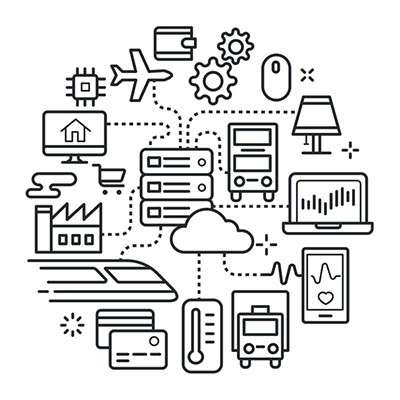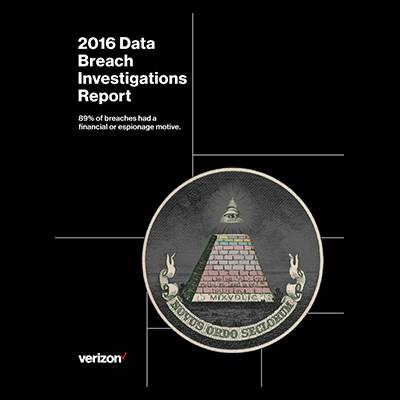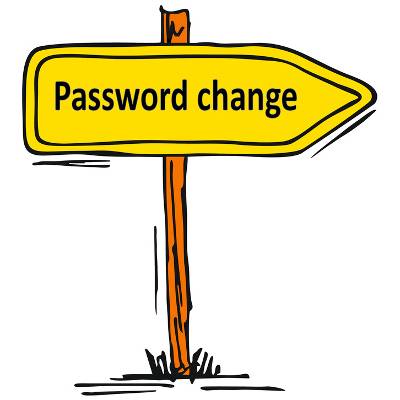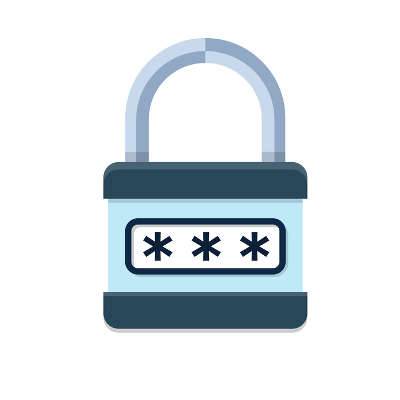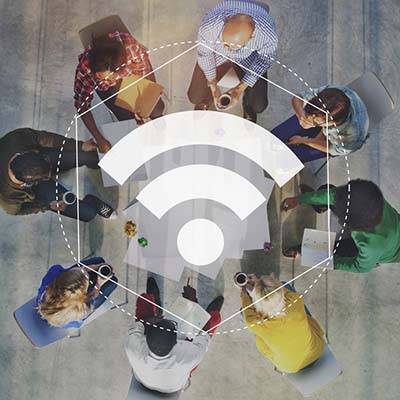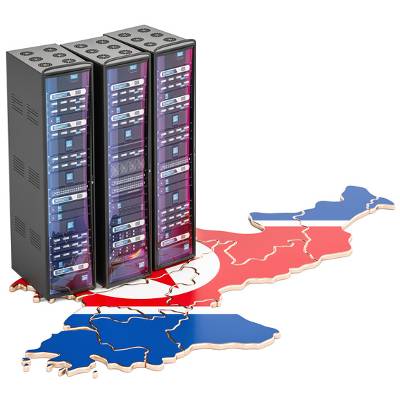The Internet of Things (IoT) is now consists of over 15 billion devices. 15 billion! That number includes both consumer devices in a home environment as well as business devices that are usually used in an office setting. You cannot risk ignoring this situation, whether it’s from a security standpoint or one of practicality. Discussed below are the many ways that IoT is shaping business practices in our era.
Macro Systems Blog
The Internet of Things (IoT) can be described simply as 'devices that have connectivity to the Internet, and thus to a computing network'. Most of the time these connected devices aren’t produced with security solutions onboard, so they can be fickle instruments when trying to onerously secure a network that includes numerous IoT devices. Listed below are some of the threats IoT devices pose to your network, and how to reliably secure it from these threats.
While we do discuss ways to keep your business more secure, unfortunately, we also have to discuss how to keep yourself more secure against a business. Walmart recently filed a patent that could potentially be used to undermine the security of everyone there, from shoppers to employees. Let's dig into the jargon in the patent to give you a better look at the situation.
The Internet of Things (IoT) might be a significant upgrade in terms of connectivity for a lot of users and businesses, but this comes at a price. With more devices accessing connected networks than ever before, security becomes a focal point of discussion for the Internet of Things. How can you make sure that your network is secure while these devices run rampant all around your business?
Blockchain is one of the most recent and greatest developments to arrive in the computing industry. The spotlight is on Bitcoin, Litecoin, Ether, Dogecoin, and a few other cryptocurrencies that take advantage of the blockchain, but it’s important to realize that it’s not exclusive to cryptocurrencies. Blockchain has numerous great uses, with some of the most critical being cyber security, transparency, and privacy.
Verizon has taken to publishing a compilation report analyzing data breach statistics with the help of industry partners, a report that is widely regarded as a must-read for the industry. A brief review of the latest edition’s executive summary revealed where information security vulnerabilities lie in industries worldwide and, even more helpfully, what shape those vulnerabilities took. The Data Breach Investigations Report, or DBIR, pulled no punches in outlining what kind of attacks happened in the past year, and how.
You’ve heard it said that it’s a best security practice to routinely change your passwords. The idea here is that, if a password were stolen, then it would lose its value when the user goes to change it. While this sounds like solid logic, new research shows that it may actually be better NOT to change your passwords.
In response to the increasing danger of cyber attacks against computerized cars that are currently in production, Volkswagen has partnered up with three Israeli experts in cybersecurity to form a brand new cybersecurity company dedicated to designing solutions intended to protect such advanced cars and their passengers.
Let’s say that you’re walking down the hallway of your office when you bypass a team member from accounting. They tell you that the wire transfer you requested has been completed successfully, but you don’t remember ever asking for such a thing. You take a look through your books and see that a ton of money was sent to some random stranger who took on your identity.
Insider threats are an unpleasant reality of working with sensitive information, though you might be relieved to hear that not all instances of insider threats have malicious intentions. Then again, maybe you aren’t relieved since a threat is still a threat. Either way, we’ll discuss some statistics concerning insider threats, and what you can do about them.
If we told you that automated teller machines, or ATMs, were susceptible to hacking attacks, would you believe us? You should; there are a plethora of ways for hackers to infiltrate and steal money from ATMs, with the latest being so dangerous that even the Secret Service has issued warnings about it.
What you watch on TV says a lot about you; so much so, that you might be creeped out if we told you there are others who know exactly what you watched, without your consent. Sound too invasive to be true? Well, for the 11 million owners of Vizio televisions, this practice has been going on for some time now.
With Google Chrome’s Incognito mode, you can privately browse the web, but you may have noticed that Incognito mode also disables your extensions by default. This isn’t a big deal, but it can be an annoyance that you’d prefer not to deal with. Thankfully, there’s a good way to make sure that specific extensions stay enabled, even in Incognito mode.
ATMs are, surprisingly enough, not the most secure pieces of technology out there, though there are efforts to improve security by taking advantage of mobile devices. Granted, this won’t be enough to protect against the considerable vulnerabilities in ATMs. In order to maximize security and minimize the amount of damage done by vulnerabilities, the user needs to understand how to protect themselves while using ATMs.
Whatever the size of your business is, one thing is universally true: you require IT support in at least some capacity. As more technology is added to networks of all sizes and complexities, the need to manage this technology increases. Fortunately, you don’t have to go at it alone; you have third-party outsourcing at your disposal, which can save you both time and cash..
There will probably be a moment during your life where you absolutely require Wi-Fi and the only option will be a public connection. This may be problematic because a public Wi-Fi connection is far from secure for business purposes. A method to increase productivity without compromising security is needed for every business that has employees (especially employees working remotely), but what’s the best way to do it?
Similar to other malware, Spyware is a problem for any business. Since your organization generates, collects, and uses considerable amounts of data, there is no lack of other businesses that want to get their hands on it. You spend significant time and money protecting your data against threats on the Internet, but what if the spyware came with the computer you just purchased?
In a statement issued by Tom Bossert, the Homeland Security Adviser to the White House, responsibility for the WannaCry attacks from May 12th to the 15th in 2017 was attributed to the Democratic People’s Republic of Korea. This claim fits with the conclusions that New Zealand, Australia, Canada, and Japan have come to, according to Bossert.

